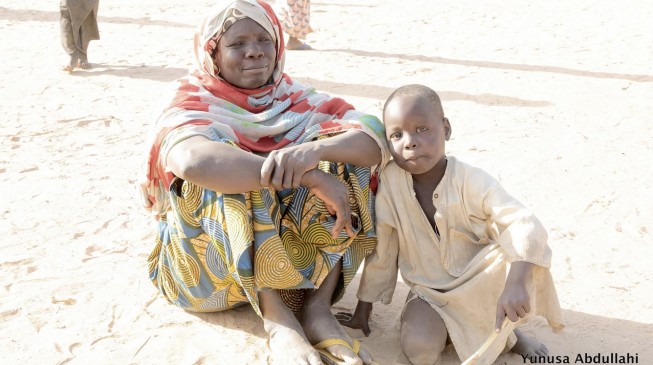
The combined wealth of five richest Nigerians could end extreme poverty in the country, the Inequality report released by Oxfam International says.
The report, released on Wednesday, puts the combined wealth at $29.9 billion.
Entitled ‘Inequality in Nigeria, Exploring the Drivers,’ it highlights the large and growing gap between the rich and poor in Nigeria.
It attributed the inability of the poor people to benefit from Nigeria’s wealth to the “high high level of corruption and the excessive influence big business and some wealthy elite has over government and policy making”.
The report said that the benefits of the nation’s economic growth “had been captured by a few wealthy elite” at the expense of the ordinary Nigerians.
It also noted that this “economic inequality” is a key factor in the conflict in the north-eastern part of the country.
“Nigeria’s richest man earned 8,000 times more in one day than a poor Nigerian would spend on basic needs in a year,” the report said.
“More than 112 million people were living in poverty in Nigeria, yet the country’s richest man spent one million dollars a day for 42 years to exhaust his fortune.
“Despite a rapidly growing economy, Nigeria is one of the few countries where the number of people living in poverty increased, from 69 million in 2004 to 112 million in 2010 – a rise of 69 percent. The number of millionaires increased by 44 percent during the same period.
“69 per cent of people now live below the poverty line in North-Eastern states, compared to the 49 per cent in the South-West.”
Oxfam’s report also states that women represent between 60 per cent and 79 per cent of Nigeria’s rural labour force “but are five times less likely to own their own land than men”.
According to the report, public office holders stole “estimated 20 trillion dollars” from the treasury between 1960 and 2005, while multinational companies receive tax incentives estimated at 2.9 billion dollars a year.
Read more: The cable
No comments:
Post a Comment